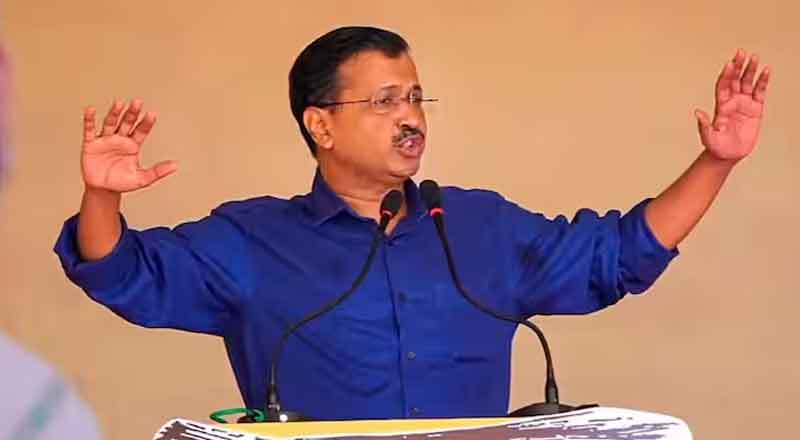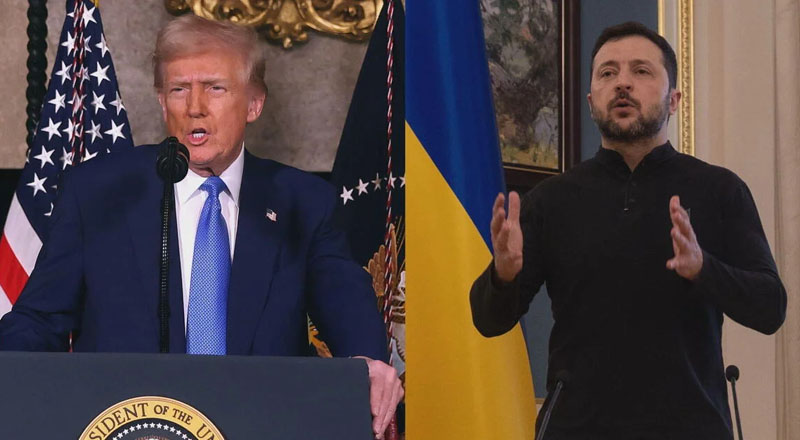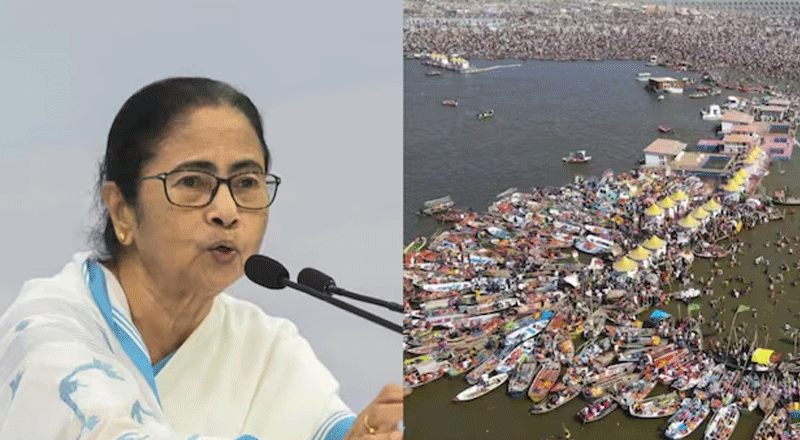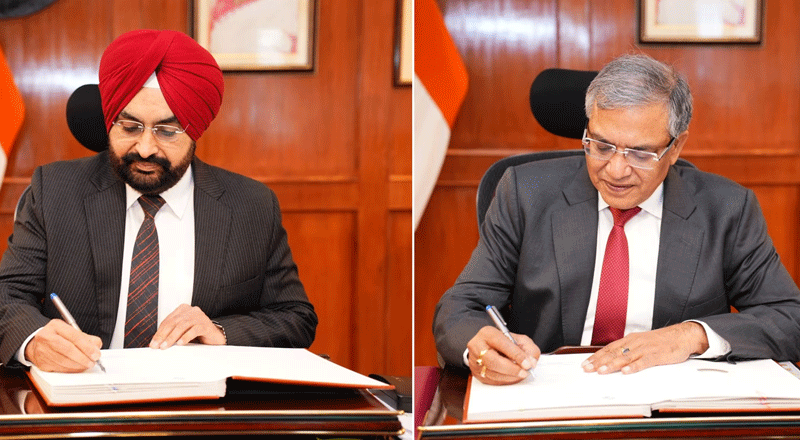- Delhi Chief Minister Arvind Kejriwal has taken proactive measures by filing a plea in a Sessions Court to challenge the summons issued by a Magistrate Court.
- The summons issued by the Additional Chief Metropolitan Magistrate mandated Kejriwal’s appearance before the court on March 16.
- The ED, for the second time, approached Delhi’s Rouse Avenue Court, leveling accusations of non-compliance against Kejriwal.
- Kejriwal had expressed his willingness to cooperate with the agency’s inquiries, proposing a date for questioning post-March 12 and offering to participate via video-conferencing.
- The ED’s complaint against Kejriwal, lodged under sections 190 and 200 of the CrPC, cited his failure to adhere to summonses issued under Section 50 of the PMLA.
- Kejriwal’s decision to contest the summons in the Sessions Court underscores the complexity and gravity of the legal challenges he faces in the Delhi liquor policy case.
In a significant legal development, Delhi Chief Minister Arvind Kejriwal has taken proactive measures by filing a plea in a Sessions Court to challenge the summons issued by a Magistrate Court. This move comes in response to a complaint lodged by the Enforcement Directorate (ED) concerning Kejriwal’s purported non-compliance with eight summonses linked to the Delhi liquor policy case, which has stirred controversy in political and legal circles.
The summons issued by Additional Chief Metropolitan Magistrate Divya Malhotra mandated Kejriwal’s appearance before the court on March 16. This directive followed a complaint lodged by the ED, which alleged that Kejriwal had failed to heed multiple summonses issued by the agency regarding the liquor policy case.
This recent legal maneuvering by Kejriwal follows a series of events that unfolded over the past few weeks. The ED, for the second time, approached Delhi’s Rouse Avenue Court, leveling accusations of non-compliance against Kejriwal. Kejriwal, however, had expressed his willingness to cooperate with the agency’s inquiries, proposing a date for questioning post-March 12 and offering to participate via video-conferencing.
The ED’s complaint against Kejriwal, lodged under sections 190 and 200 of the Criminal Procedure Code (CrPC), cited his failure to adhere to summonses issued under Section 50 of the Prevention of Money Laundering Act (PMLA). Despite being instructed to present himself before the court on February 17, Kejriwal chose to attend the proceedings remotely, citing prior commitments related to the Delhi Assembly’s confidence motion and Budget Session.
The ED, in its submission to the court, emphasized Kejriwal’s purported lack of cooperation during the investigation. The agency underscored that irrespective of an individual’s position, be it a Chief Minister or an ordinary citizen, compliance with legal summonses is mandatory. It argued that no special immunity exists that would exempt an individual from legal obligations, including responding to summonses, solely based on their official capacity.
Kejriwal’s decision to contest the summons in the Sessions Court underscores the complexity and gravity of the legal challenges he faces in the Delhi liquor policy case. As the legal proceedings unfold, they shed light on the intricate interplay between governance, accountability, and the rule of law, exemplifying the multifaceted nature of India’s democratic and legal framework.
(With inputs from agencies)





